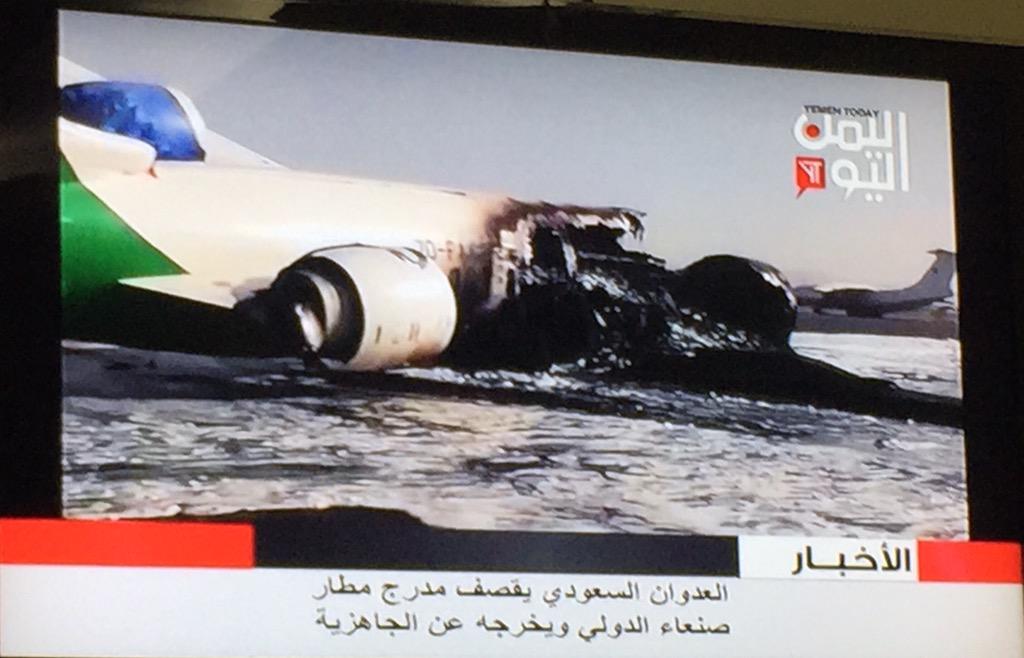After torching a Franciscan school, Islamists paraded three nuns on
the streets like "prisoners of war" before a Muslim woman offered them
refuge. Two other women working at the school were sexually harassed and
abused as they fought their way through a mob.
In the four days
since security forces cleared two sit-in camps by supporters of Egypt's
ousted president, Islamists have attacked dozens of Coptic churches
along with homes and businesses owned by the Christian minority. The
campaign of intimidation appears to be a warning to Christians outside
Cairo to stand down from political activism.
Christians have long
suffered from discrimination and violence in Muslim majority Egypt,
where they make up 10 percent of the population of 90 million. Attacks
increased after the Islamists rose to power in the wake of the 2011 Arab
Spring uprising that drove Hosni Mubarak from power, emboldening
extremists. But Christians have come further under fire since President
Mohammed Morsi was ousted on July 3, sparking a wave of Islamist anger
led by Morsi's Muslim Brotherhood.
Nearly 40 churches have been
looted and torched, while 23 others have been attacked and heavily
damaged since Wednesday, when chaos erupted after Egypt's
military-backed interim administration moved in to clear two camps
packed with protesters calling for Morsi's reinstatement, killing scores
of protesters and sparking deadly clashes nationwide.
One of the
world's oldest Christian communities has generally kept a low-profile,
but has become more politically active since Mubarak was ousted and
Christians sought to ensure fair treatment in the aftermath.
Many
Morsi supporters say Christians played a disproportionately large role
in the days of mass rallies, with millions demanding that he step down
ahead of the coup.
Despite the violence, Egypt's Coptic Christian
church renewed its commitment to the new political order Friday, saying
in a statement that it stood by the army and the police in their fight
against "the armed violent groups and black terrorism."
While the
Christians of Egypt have endured attacks by extremists, they have drawn
closer to moderate Muslims in some places, in a rare show of solidarity.
Hundreds
from both communities thronged two monasteries in the province of Bani
Suef south of Cairo to thwart what they had expected to be imminent
attacks on Saturday, local activist Girgis Waheeb said. Activists
reported similar examples elsewhere in regions south of Cairo, but not
enough to provide effective protection of churches and monasteries.
Waheeb,
other activists and victims of the latest wave of attacks blame the
police as much as hard-line Islamists for what happened. The attacks,
they said, coincided with assaults on police stations in provinces like
Bani Suef and Minya, leaving most police pinned down to defend their
stations or reinforcing others rather than rushing to the rescue of
Christians under attack.
Another
Christian activist, Ezzat Ibrahim of Minya, a province also south of
Cairo where Christians make up around 35 percent of the population, said
police have melted away from seven of the region's nine districts,
leaving the extremists to act with near impunity.
Two Christians
have been killed since Wednesday, including a taxi driver who strayed
into a protest by Morsi supporters in Alexandria and another man who was
shot to death by Islamists in the southern province of Sohag, according
to security officials, who spoke on condition of anonymity because they
weren't authorized to release the information.
The attacks served
as a reminder that Islamists, while on the defensive in Cairo, maintain
influence and the ability to stage violence in provincial strongholds
with a large minority of Christians.
Gamaa Islamiya, the hard-line
Islamist group that wields considerable influence in provinces south of
Cairo, denied any link to the attacks. The Muslim Brotherhood, which
has led the defiant protest against Morsi's ouster, has condemned the
attacks, spokesman Mourad Ali said.
Sister Manal is the principal
of the Franciscan school in Bani Suef. She was having breakfast with two
visiting nuns when news broke of the clearance of the two sit-in camps
by police, killing hundreds. In an ordeal that lasted about six hours,
she, sisters Abeer and Demiana and a handful of school employees saw a
mob break into the school through the wall and windows, loot its
contents, knock off the cross on the street gate and replace it with a
black banner resembling the flag of al-Qaida.
By
the time the Islamists ordered them out, fire was raging at every
corner of the 115-year-old main building and two recent additions. Money
saved for a new school was gone, said Manal, and every computer,
projector, desk and chair was hauled away. Frantic SOS calls to the
police, including senior officers with children at the school, produced
promises of quick response but no one came.
The Islamists gave her just enough time to grab some clothes.
In
an hourlong telephone interview with The Associated Press, Manal, 47,
recounted her ordeal while trapped at the school with others as the fire
raged in the ground floor and a battle between police and Islamists
went on out on the street. At times she was overwhelmed by the toxic
fumes from the fire in the library or the whiffs of tears gas used by
the police outside.
Sister Manal recalled being told a week
earlier by the policeman father of one pupil that her school was
targeted by hard-line Islamists convinced that it was giving an
inappropriate education to Muslim children. She paid no attention,
comfortable in the belief that a school that had an equal number of
Muslim and Christian pupils could not be targeted by Muslim extremists.
She was wrong.
The school has a high-profile location. It is
across the road from the main railway station and adjacent to a busy bus
terminal that in recent weeks attracted a large number of Islamists
headed to Cairo to join the larger of two sit-in camps by Morsi's
supporters. The area of the school is also in one of Bani Suef's main
bastions of Islamists from Morsi's Muslim Brotherhood and
ultraconservative Salafis.
"We
are nuns. We rely on God and the angels to protect us," she said. "At
the end, they paraded us like prisoners of war and hurled abuse at us as
they led us from one alley to another without telling us where they
were taking us," she said. A Muslim woman who once taught at the school
spotted Manal and the two other nuns as they walked past her home,
attracting a crowd of curious onlookers.
"I remembered her, her
name is Saadiyah. She offered to take us in and said she can protect us
since her son-in-law was a policeman. We accepted her offer," she said.
Two Christian women employed by the school, siblings Wardah and Bedour,
had to fight their way out of the mob, while groped, hit and insulted by
the extremists. "I looked at that and it was very nasty," said Manal.
The
incident at the Franciscan school was repeated at Minya where a
Catholic school was razed to the ground by an arson attack and a
Christian orphanage was also torched.
"I am terrified and unable
to focus," said Boulos Fahmy, the pastor of a Catholic church a short
distance away from Manal's school. "I am expecting an attack on my
church any time now," he said Saturday.
Bishoy Alfons Naguib, a 33-year-old businessman from Minya, has a similarly harrowing story.
His
home supplies store on a main commercial street in the provincial
capital, also called Minya, was torched this week and the flames
consumed everything inside.
"A neighbor called me and said the
store was on fire. When I arrived, three extremists with knifes
approached me menacingly when they realized I was the owner," recounted
Naguib. His father and brother pleaded with the men to spare him.
Luckily, he said, someone shouted that a Christian boy was filming the
proceedings using his cell phone, so the crowd rushed toward the boy
shouting "Nusrani, Nusrani," the Quranic word for Christians which has
become a derogatory way of referring to them in today's Egypt.
Naguib
ran up a nearby building where he has an apartment and locked himself
in. After waiting there for a while, he left the apartment, ran up to
the roof and jumped to the next door building, then exited at a safe
distance from the crowd.
"On our Mustafa Fahmy street, the
Islamists had earlier painted a red X on Muslim stores and a black X on
Christian stores," he said. "You can be sure that the ones with a red X
are intact."
In Fayoum, an oasis province southwest of Cairo,
Islamists looted and torched five churches, according to Bishop Ibram,
the local head of the Coptic Orthodox church, by far the largest of
Egypt's Christian denominations. He said he had instructed Christians
and clerics alike not to try to resist the mobs of Islamists, fearing
any loss of life.
"The
looters were so diligent that they came back to one of the five
churches they had ransacked to see if they can get more," he told the
AP. "They were loading our chairs and benches on trucks and when they
had no space for more, they destroyed them."


















.jpg)
